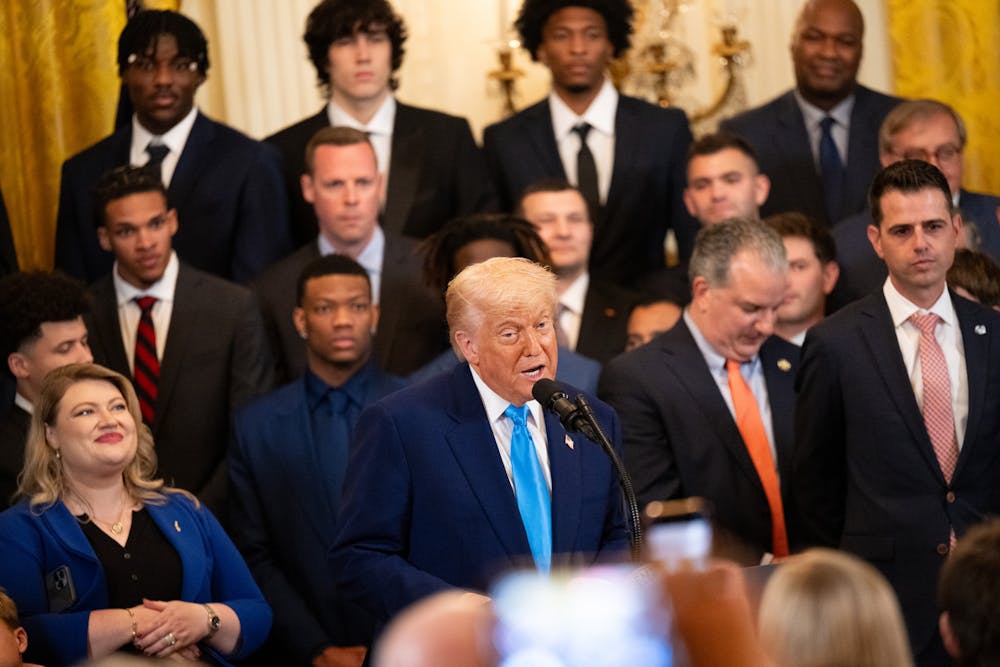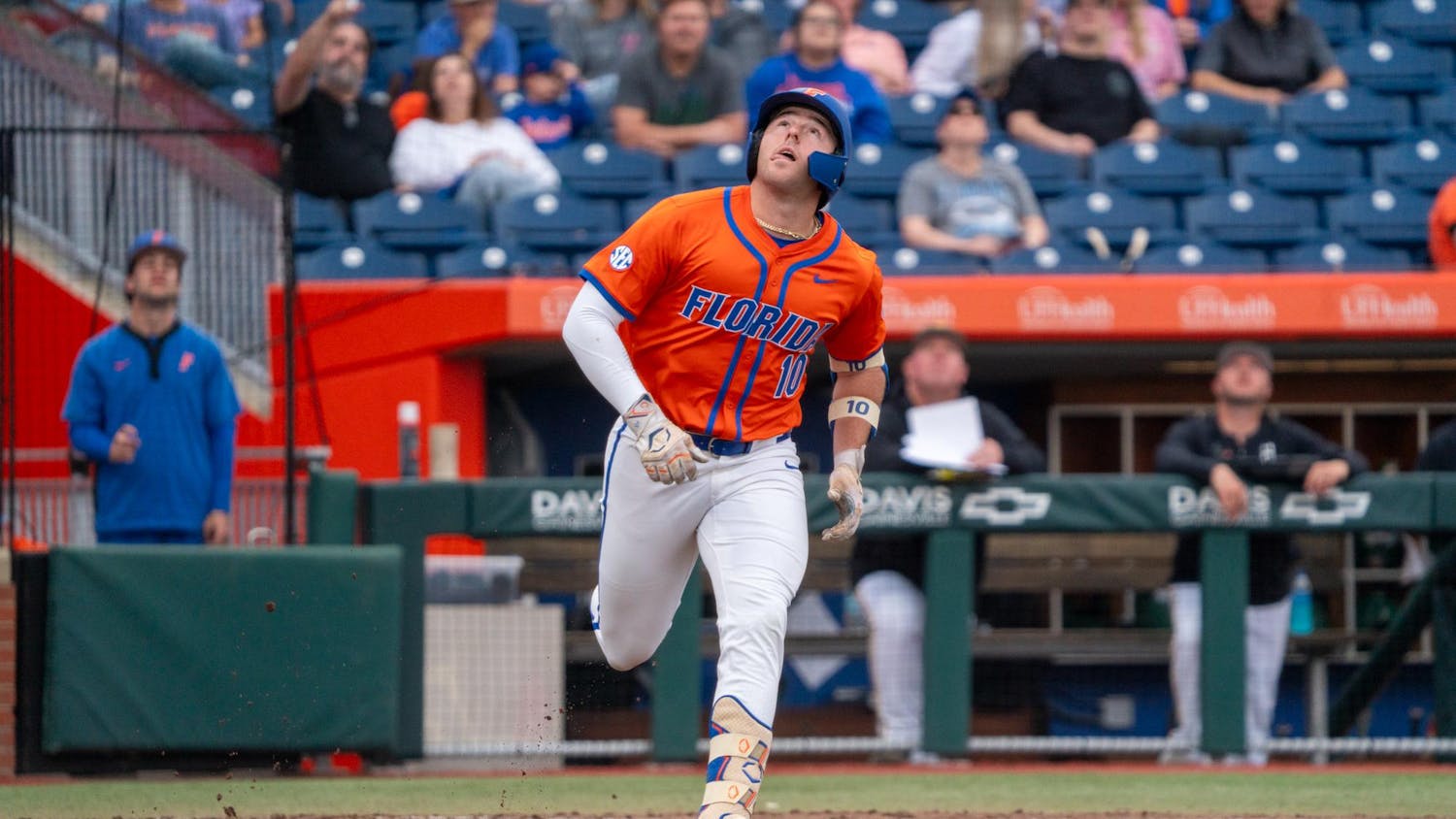President Donald Trump signed an executive order July 24 establishing regulations for the NCAA’s name, image and likeness. The order, titled Saving College Sports, prohibits third-party, pay-for-play payments and clarifies college athletes are “amateurs, not employees.”
“The future of college sports is under unprecedented threat,” Trump wrote. “Waves of recent litigation against collegiate athletics governing rules have eliminated limits on athlete compensation, pay-for-play recruiting inducements and transfers between universities, unleashing a sea change that threatens the viability of college sports.”
College athletes have been on the receiving end of NIL-based compensation from third-party vendors since 2021. After the House settlement in June, athletes can also receive pay directly from their universities.
In the eyes of fans, it’s led to unrest among college athletics. Athletes have prioritized finances over performance and transferred schools to earn higher paychecks. Decisions surrounding potential recruits have also been affected.
The University of Florida was supportive of Trump’s decision and released a statement July 25 backing the president.
“The attention President Trump and congressional leaders are giving to the future of college athletics is welcomed and appreciated,” Gators athletic director Scott Stricklin wrote. “Yesterday’s executive order underscores the growing recognition in Washington of the need to modernize the collegiate model.”
Trump’s order calls for ending third parties’ engagement in “pay-for-play” payments to athletes, which the executive order deems “improper.” However, it does not discern an athlete’s ability to receive compensation for the “fair market value” they might provide a brand.
Trump backs the ruling in the House settlement about advanced scholarship opportunities and highlights the importance of achieving representation in smaller, nonrevenue sports.
“This opportunity must be utilized to strengthen and expand non-revenue sports,” he wrote. “The third-party market of pay-for-play inducements must be eliminated before its insatiable demand for resources dries up support for non-revenue sports.”
The focus on revenue-generating sports like football and basketball has led to smaller sports like track and field, wrestling and swimming to be cut from several athletic programs. While not applicable at larger schools like UF, smaller schools have seen the elimination of nonrevenue sports on campus.
Washington State University, which is ranked No. 61 among college athletics programs in revenue generation, recently changed its track and field teams to a “distance-focused” program. It eliminated all field events like long and high jumps, javelin and shot put because of the strain from expanded NIL-compensation responsibilities.
Trump clarified athletes’ status on campus, urging Secretary of Labor Lori Chavez-DeRemer and the National Labor Relations Board to codify athletes as non-employees. Under President Joe Biden, the NLRB declared athletes as employees, which it rescinded earlier this year.
NCAA president Charlie Baker believes there are threats to college sports that federal legislation can address, he wrote in a statement.
“The Association appreciates the Trump administration's focus on the life-changing opportunities college sports provide millions of young people, and we look forward to working with student-athletes, a bipartisan coalition in Congress and the Trump administration to enhance college sports for years to come," Baker wrote.
Trump cannot unilaterally impose the rulings upon the NCAA. However, much of what he highlighted in the executive order aligns with the SCORE Act, which seeks to replace statewide “patchwork” NIL laws with a nationwide ruling.
The act was passed by the House Energy and Commerce Committee and the Committee on Education and the Workforce July 23 and will find itself on the House floor as soon as September.
Contact Luke Adragna at ladragna@alligator.org. Follow him on X @lukeadrag.

Luke is The Alligator's Sports Editor and is a senior sports journalism student. In his free time, he enjoys playing with his cat named Pete and going down a rabbit hole of niche professional athletes (shoutout Charles Sims).






